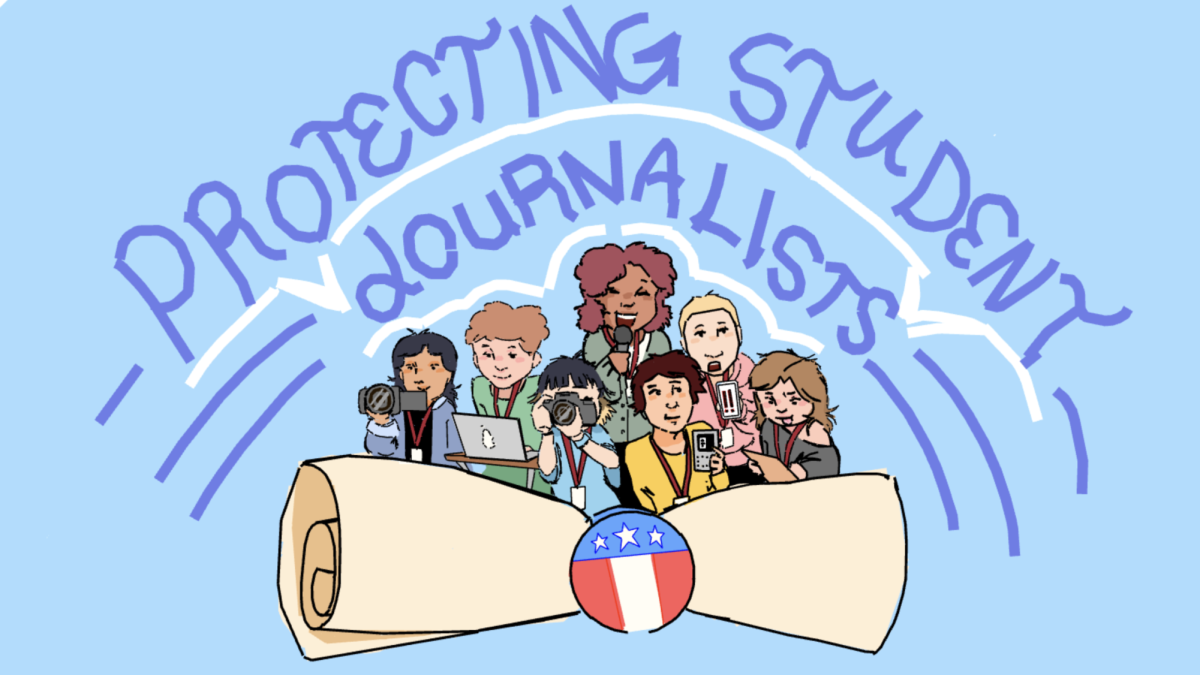Students see varying results when adapting to new online school schedules
December 26, 2020
Despite the ongoing COVID-19 pandemic causing a shift to remote learning, the average day-to-day schedule for any student can prove to be quite exhausting.
Working from home is something the world is still slowly figuring out how to manage. While some have seemingly returned to their pre-COVID-19 lifestyles and schedules, most have had to adapt and form new schedules and time management strategies.
Time management is the practice of organizing and scheduling time to complete tasks or assignments in an efficient way. It has become increasingly important with the ongoing implementation of online school as students are less focused on their schoolwork.
One way students manage their time is through the use of a calendar app where they are able to track assignments, events and daily to-dos. Canvas provides another method of management, where students can find important school-related dates and assignment deadlines.
“I honestly really only look at the Canvas app on my phone and see when everything I have to do is due, [which is found] under the ‘To Do’ tab in the middle [of the app],” Lafone said. “It’s very efficient, and I haven’t missed one assignment or turned anything in late.”
Despite the obvious negative aspects of the pandemic, one positive outcome is the flexibility that virtual schooling provides. From a survey of 339 Marjory Stoneman Douglas High School students, more than 80% said they have more flexibility while attending online school.
“I would say I’m less busy because online learning can be really flexible, and you can plan things around it,” Lafone said.
Since some assignments have more time allotted for them to be completed, and students generally have more free time due to a lack of things like clubs, sports and social events, many now delay working until right before their assignments are due. 85% of students report they have had less out-of-school events during the pandemic, and 59% report they have found themselves procrastinating more during online school. While this is not necessarily a harmful trait, it can hurt students who underestimate the time or effort an assignment will require.
Another negative aspect of time management for online school is the lack of separation between school and home. Online school severely lacks the disconnect found between going to school and then going home. Instead, many find school life quickly blending with their home life. In addition to negative mental health implications, this phenomenon also makes students’ days feel like they are entirely taken up by school.
“For my brain during an average school year, there’s a separation of school and home, [but] since everything is at home, I find it very hard to stay on task or gain the motivation to complete my work,” junior Brooke Kessler said. “Sometimes I feel like I’m not truly learning the material that’s being taught due to said distractions.”
While online school can prove to be stressful, students have found that keeping their schedule organized helps alleviate some anxiety.
“I feel like I have the perfect balance of completing things in a timely manner, as well as not sacrificing my mental health,” Lafone said.
Student-athletes’ schedules have had mostly positive effects from the COVID-19 pandemic. For those who are still able to play, the newfound flexibility of online school and assignments allows more time for practice and training. Additionally, since online school can be attended from anywhere, traveling sports players are able to attend class while away from home.
Junior Calista McCausland plays competitive travel soccer on the Team Boca U17 team. She puts in about 25 hours per week.
“My soccer schedule works better now because I have more time to train outside of school,” McCausland said.
Time management has certainly changed for students as a result of online school. However, the new flexibility and loose structure provided allows each student to make a unique and effective schedule that works best for them.
This story was originally published in the December 2020 Eagle Eye print edition.












